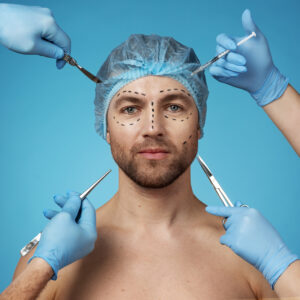Safety is very important when it comes to nursing home dental care. Safety precautions for providing daily oral hygiene are a very important part of discussions for educational purposes. For example, seniors who are evaluated for problems in swallowing may be put on a restricted diet to reduce the risk of aspiration or choking.
These restrictions can prohibit consuming thin liquids such as water. This means that a daily hygiene regimen that includes mouth rinse, water and toothpaste can pose a choking hazard.
The complication
Reducing potential risks is complicated because the conditions experienced by seniors change very quickly. They often impact their dietary restrictions. Residents who are approved to ingest thin liquids on Sunday may be evaluated midweek at which time their dietary restrictions could change to a better recommendation of no thin liquids.
A mobile dental clinic should find ways to remedy these problems. Daily oral care may be offered by moistening a toothbrush with water or mouth rinse and brushing the teeth regardless of existing conditions and dietary restrictions. Flossing should also be done when possible.
Positioning patients
This is another safety topic that we need to talk about. The best position for oral hygiene care is sitting or standing. Some residents may be unable to do these things. Doing oral hygiene care whilst a resident lies supine in bed could lead to choking or aspiration. Service providers can prevent this by raising the head of the bed before providing care. Suction toothbrushes may be used to prevent aspiration among such patients.
Appropriate infection control
Dentists and hygienists should address appropriate infection control during nursing home dental care. Nursing staff should know that clean gloves should be used before any oral care is delivered. The caregiver shouldn’t touch anything except the oral hygiene supplies of the patient once gloved. Pathogens from inanimate substances can increase the risk of illness and infection.





